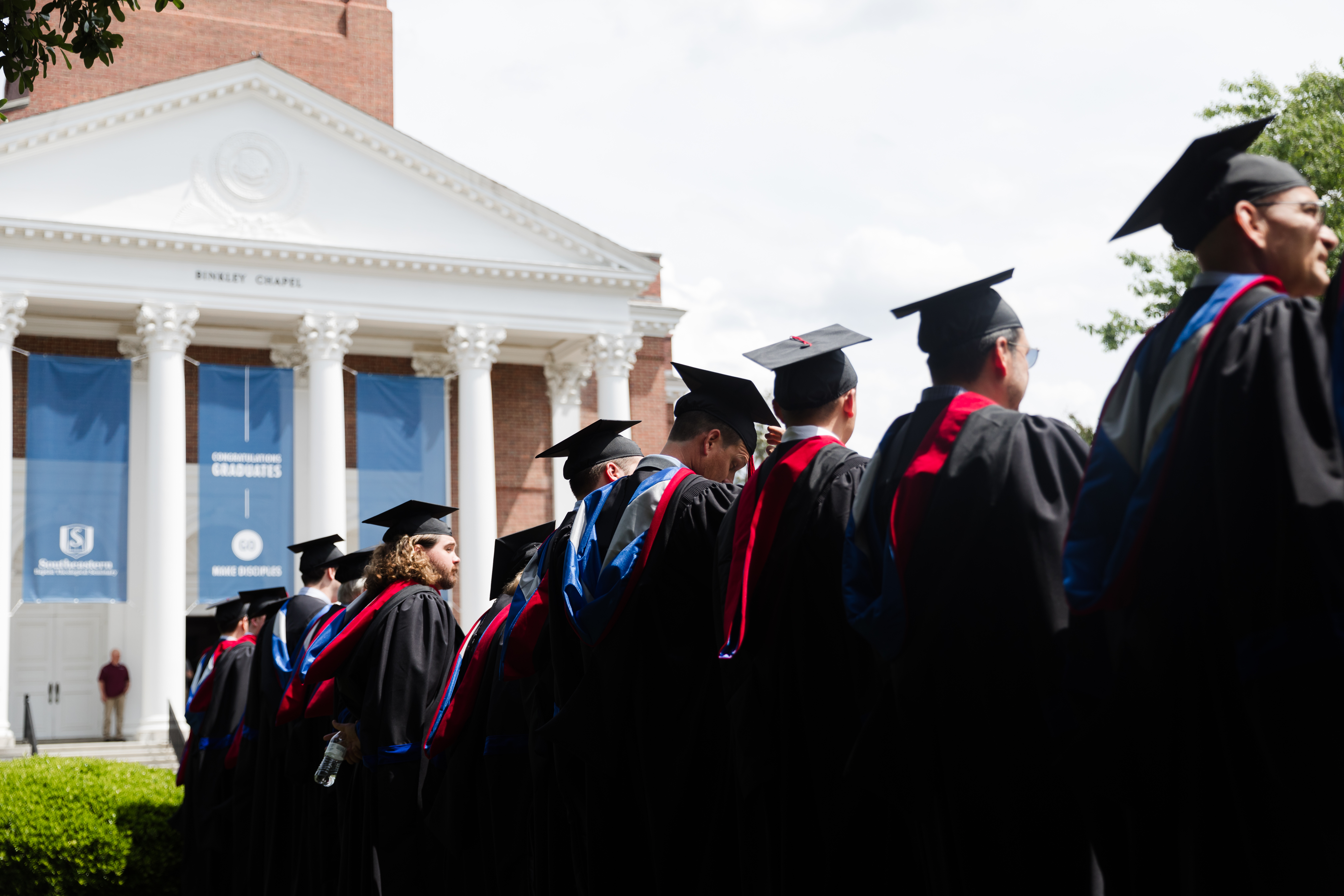The Out of Shape-Epidemic
Perhaps the most prevalent stereotype of Americans is that we are fat and lazy. A cursory search for obesity statistics will reveal that the US does not have the highest percentage of obesity in the world, but the countries ahead are much smaller. Among the world’s major nations, the USA has the highest percentage of obesity. One in three American adults is overweight. Forty percent of American adults are obese. The statistics fail to capture the real issue: most Americans are simply out of shape.
It is hard to quantify being out of shape. It is much easier to put together a weigh-to-height ratio and easily be able to quantify being overweight or obese. BMI and other tools can easily quantify whether someone is overweight or obese, and yet these tools do not account for body type or physical ability. I find it far more concerning that many cannot lift a 25-pound dumbbell, or run a mile without stopping. Of course, those are also quantifiers that do not account for every measure of fitness.
When someone says we have an obesity epidemic in the West, or the US particularly, I am inclined to agree. However, God made each person uniquely, with their own body type. Each person will carry weight differently. Two hundred fifty pounds on you may look different than on me. Likewise, each person will determine whether they are in or out of shape differently. But this is the battle of the age. More than simply weight-to-height, we must take seriously our physical fitness in a culture experiencing an out-of-shape epidemic.
Fitness as a Witness
Christians should care about their bodies because God made them. God made our bodies to thrive. Our bodies thrive when they are used physically and cared for physically. Paul acknowledged this in those comments to Timothy. Physical training isn’t of the same value as spiritual because spiritual training “holds a promise for the present life and also the life to come.” The statement implies that physical training holds a promise for the present life. Our bodies thriving physically now is a part of how God made Him creatures to experience the greatest degree of flourishing. When we don’t take care of our bodies, we do not live as God has intended for us. When we take care of ourselves, we show the watching world that God cares about our bodies, and we ought to care about them too.
Social media reveals all the different ways people today pursue physical health. Instead of fitness being a topic owned and operated by influencers, it ought to be owned by those who know God created our bodies to honor Him and flourish for our good. Our physical fitness needs to be one of the ways we witness to the creator. Most influencing voices on fitness are witnesses to common grace and God’s invisible attributes. We have the right and responsibility to take that conversation and shed the full light of who God is. Yes, we will not worry about our biceps in heaven, but perhaps those biceps could help lead others into the kingdom.
The Gift of Food and the Abuse of Gluttony
You need food to survive. Yet, food can turn into a problem. The food that is worst for you is often the food that tastes the best. I had a pastor-friend who used to joke that he was going to ask God why he designed it that way. Our distorted relationship with food, I believe, is one of the many results of the fall. I believe we do not give enough account for what we eat, how much we eat, and our current state of fitness.
The Pastor and Physical Fitness
Pastors should set the tone for physical fitness among their congregation (and the culture). This is one of the many ways pastors ought to be “above reproach” and “set the example.” Pastors should take the way they care for themselves physically very seriously. I am not the most physically fit in my church. I may never be. However, I take personal responsibly to model physical care and exercise to my flock. I believe it is our duty. We must teach the congregation that “bodily training is of some value.”
Conclusion
The value lies in the eyes of the beholder. This principle is sound and trustworthy. A ticket to a decades-old sporting event is meaningless for one person. To another, it was the last time they went to watch their favorite team with their dad. How we treat and take care of our bodies is of immense importance to God because our bodies have great value in His eyes. Each Christian should prioritize their physical fitness and care for their bodies as a testimony that God has wonderfully them.





No comments have been added.